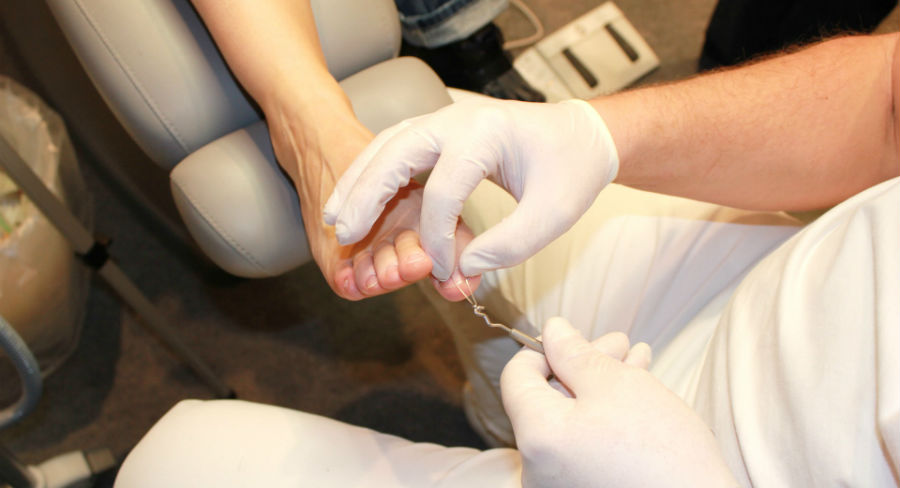
Understanding Chiropodists: Foot Care Experts for Healthy Feet
Chiropodists, also known as podiatrists in some regions, are healthcare professionals specializing in the diagnosis, treatment, and prevention of foot and lower limb disorders. From routine foot care to managing complex foot conditions, chiropodists play a crucial role in promoting foot health and mobility. In this article, we’ll explore the responsibilities of chiropodists, the conditions they treat, and the importance of foot care for overall well-being.
Table of Contents
Roles and Responsibilities of Chiropodists:
Chiropodists are trained to assess, diagnose, and manage a wide range of foot and lower limb problems. Their roles and responsibilities include:
Assessment and Diagnosis: Chiropodists evaluate patients’ foot health by conducting thorough assessments, including medical history reviews, physical examinations, and diagnostic tests such as X-rays or ultrasound scans. They diagnose various foot conditions and develop personalized treatment plans based on individual needs.
Treatment and Management: Chiropodists provide a range of treatments to address foot and lower limb problems, including:
- Trimming and debridement of toenails
- Corn and callus removal
- Treatment of fungal infections (e.g., athlete’s foot)
- Management of ingrown toenails
- Orthotic therapy (prescription and fitting of custom foot orthotics)
- Wound care and ulcer management
- Foot mobilization and manipulation techniques
- Padding and strapping for foot support and protection
Prevention and Education: Chiropodists educate patients about foot care practices, footwear selection, and preventive measures to maintain foot health and prevent future problems. They offer advice on proper foot hygiene, nail care, shoe fitting, and strategies to reduce the risk of foot injuries and complications.
Collaboration with Other Healthcare Professionals: Chiropodists work collaboratively with other healthcare providers, such as physicians, physiotherapists, and orthopedic surgeons, to coordinate care for patients with complex medical conditions or foot-related issues. They may consult with specialists and refer patients for further evaluation or treatment as needed.
Conditions Treated by Chiropodists:
Chiropodists treat a wide range of foot and lower limb conditions, including:
Ingrown Toenails: Chiropodists can relieve pain and discomfort associated with ingrown toenails by trimming the nails properly and providing appropriate care and advice.
Plantar Fasciitis: Chiropodists offer treatments such as stretching exercises, orthotic inserts, and footwear modifications to alleviate heel pain caused by plantar fasciitis.
Diabetic Foot Care: Chiropodists play a critical role in diabetic foot care, conducting regular assessments, providing preventive care, and managing complications such as neuropathy, ulcers, and infections.
Foot Deformities: Chiropodists address foot deformities such as bunions, hammertoes, and flat feet through conservative treatments, orthotic devices, and referral for surgical intervention if necessary.
Skin and Nail Conditions: Chiropodists treat various skin and nail conditions, including corns, calluses, fungal infections, warts, and dermatitis, using appropriate interventions and therapies.
Sports Injuries: Chiropodists help athletes and active individuals manage sports-related foot injuries such as sprains, strains, stress fractures, and Achilles tendonitis, promoting recovery and safe return to activity.
Importance of Foot Care:
Maintaining proper foot care is essential for overall health and well-being. Healthy feet contribute to mobility, independence, and quality of life.
Regular foot care can:
Prevent Pain and Discomfort: Proper foot care practices, such as trimming toenails, wearing comfortable shoes, and managing foot conditions promptly, can prevent pain, discomfort, and mobility issues associated with foot problems.
Reduce Risk of Complications: Regular foot care and preventive measures can reduce the risk of complications such as infections, ulcers, and amputations, especially in individuals with diabetes or circulatory disorders.
Improve Mobility and Function: Healthy feet are essential for maintaining mobility and performing daily activities comfortably. Proper foot care can improve balance, stability, and gait, enhancing overall mobility and functional independence.
Enhance Quality of Life: By promoting foot health and preventing foot problems, individuals can enjoy a better quality of life, with increased comfort, confidence, and participation in activities they enjoy.
Conclusion:
Chiropodists play a vital role in promoting foot health, treating foot conditions, and improving the overall well-being of individuals. From routine foot care to managing complex foot problems, chiropodists provide expert care and guidance to help patients maintain healthy, functional feet. By prioritizing foot care and seeking professional assistance when needed, individuals can prevent foot problems, alleviate pain and discomfort, and enjoy improved mobility and quality of life.








